THE APOLLO THEATER GUIDE: WE SHALL NOT BE MOVED
About The Guide
The Apollo Theater Guide: We Shall Not Be Moved introduces you to the multi-disciplinary cast and creative team of the opera. Experience how and why the creators infused music, dance, spoken word and video projection into the opera. Each art form contributes to telling the story of five Philly teens trying to make a living today. The decisions the teens make are interwoven with the history of the MOVE organization, which predated their lives. Here, learn about the history of MOVE and how it inspired the opera and connects to current social issues.
Read the Synopsis
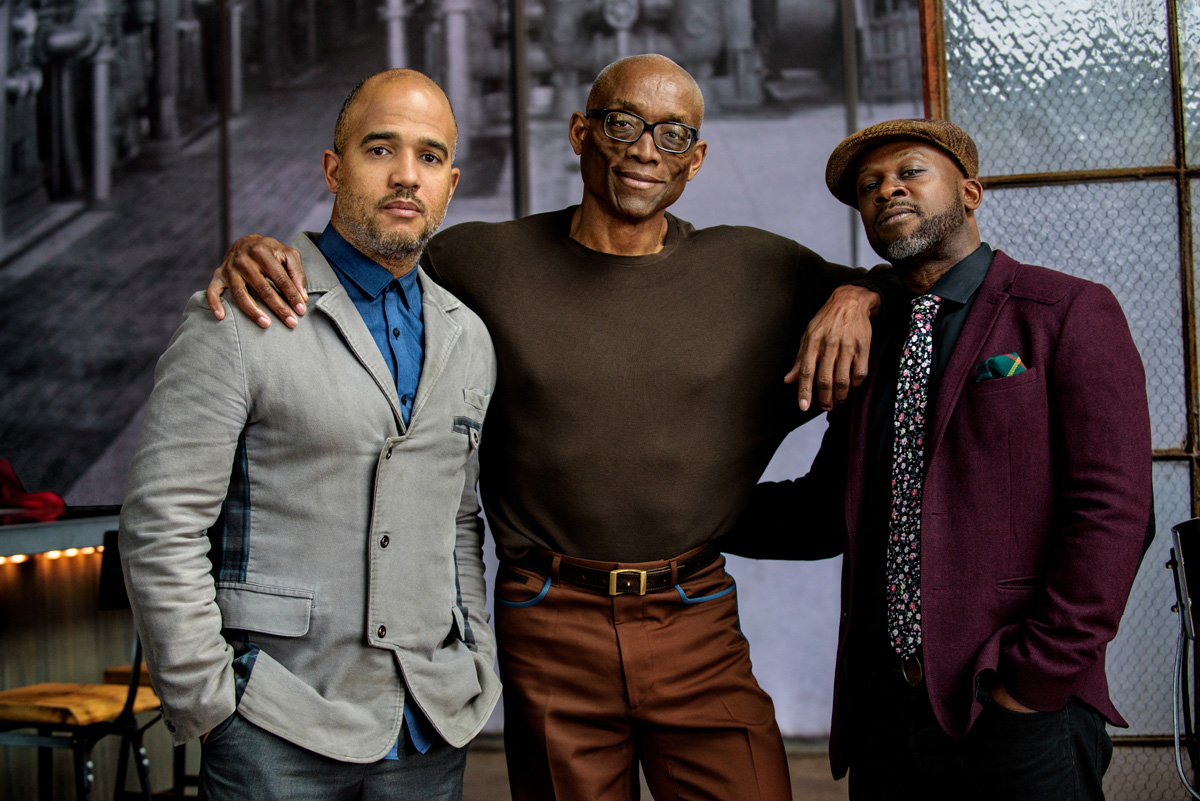
The Creative Team
This invigorating chamber opera, is “ambitiously interdisciplinary,” according to Tony-Award winner Bill T. Jones (Fela!, Spring Awakening). He’s joined by Daniel Bernard Roumain, a Harlem based composer whose music blends genres into a vital, experiential sonic form and Marc Bamuthi Joseph – the acclaimed Haitian-American librettist whose bold poetically-driven work investigates social issues and cultural identity.
Daniel Bernard Roumain, Composer, Violinist, Artistic entrepreneur
Bill T. Jones, Director-choreographer, Dramaturge
Marc Bamuthi Joseph, Librettist, Spoken-word Artist, Educator
The Cast & Characters
UN/SUNG: 15 yrs. The Tubman of this railroad. The one who misses mom and dad the most. Expresses primarily through spoken speech.
JOHN LITTLE: 17 yrs. Named for the label that Malcolm refused. The thrown away fruit that became the seed that fed the next.
JOHN MACK: 18 yrs. A jazzman armed with a secret stash of quotes from old bluegrass records. The preacher.
JOHN HENRY: 17 yrs. Would rather lift you physically than lift his voice. A BBoy.
JOHN BLUE: 16 yrs. A trans boy who expresses in falsetto and upper register. The brother most likely to steal your things and cut you for good measure.
GLENDA: An officer from North Philadelphia, working in West Philadelphia. A “not a patriot, not a saint” but still genuinely good person. Who may or may not be playing on the right side.
Learn More
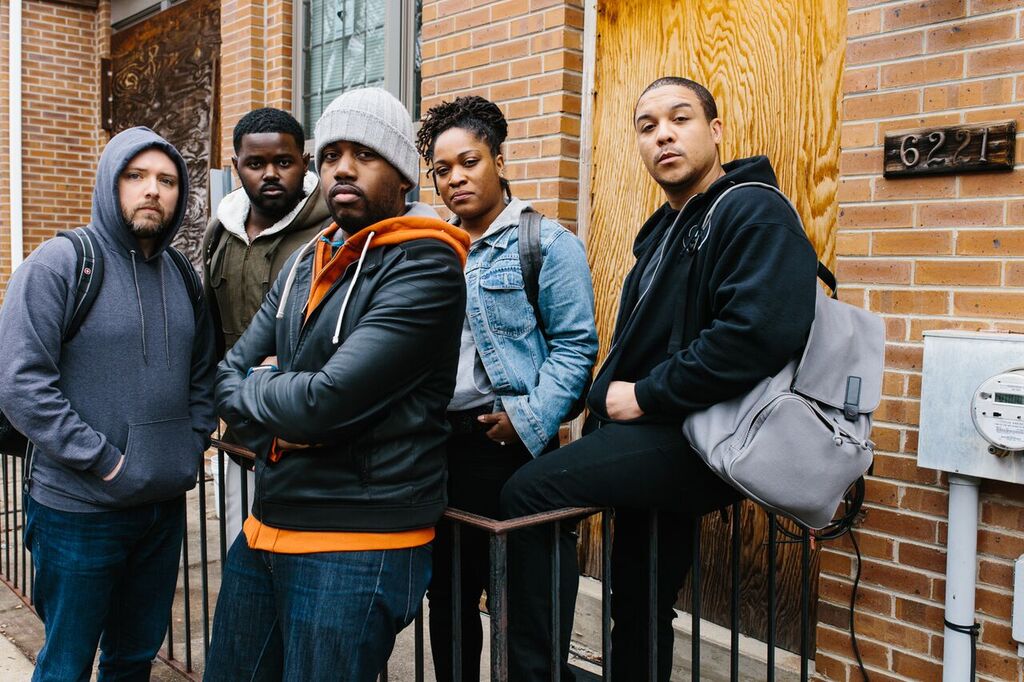

Behind the Opera
“Many times we see artists who are stepping outside their genre, or living within it, and feel confined and conflicted by it,” said Kamilah Forbes, the executive producer of the Apollo Theater in New York, where the piece will open on Oct. 6 before traveling to the Hackney Empire in London on Oct. 14. “They might tell themselves, ‘I need to build an opera, therefore the songs must be in Italian, my climax has to look a certain way, my libretto has to sound […] this way.’” But “We Shall Not Be Moved,” she said, represented “such an authentic way to make art. Quite frankly, this is not just the future of opera, but it is the past, present and future of African-American cultural expression, too.” (Tillet, 2017)
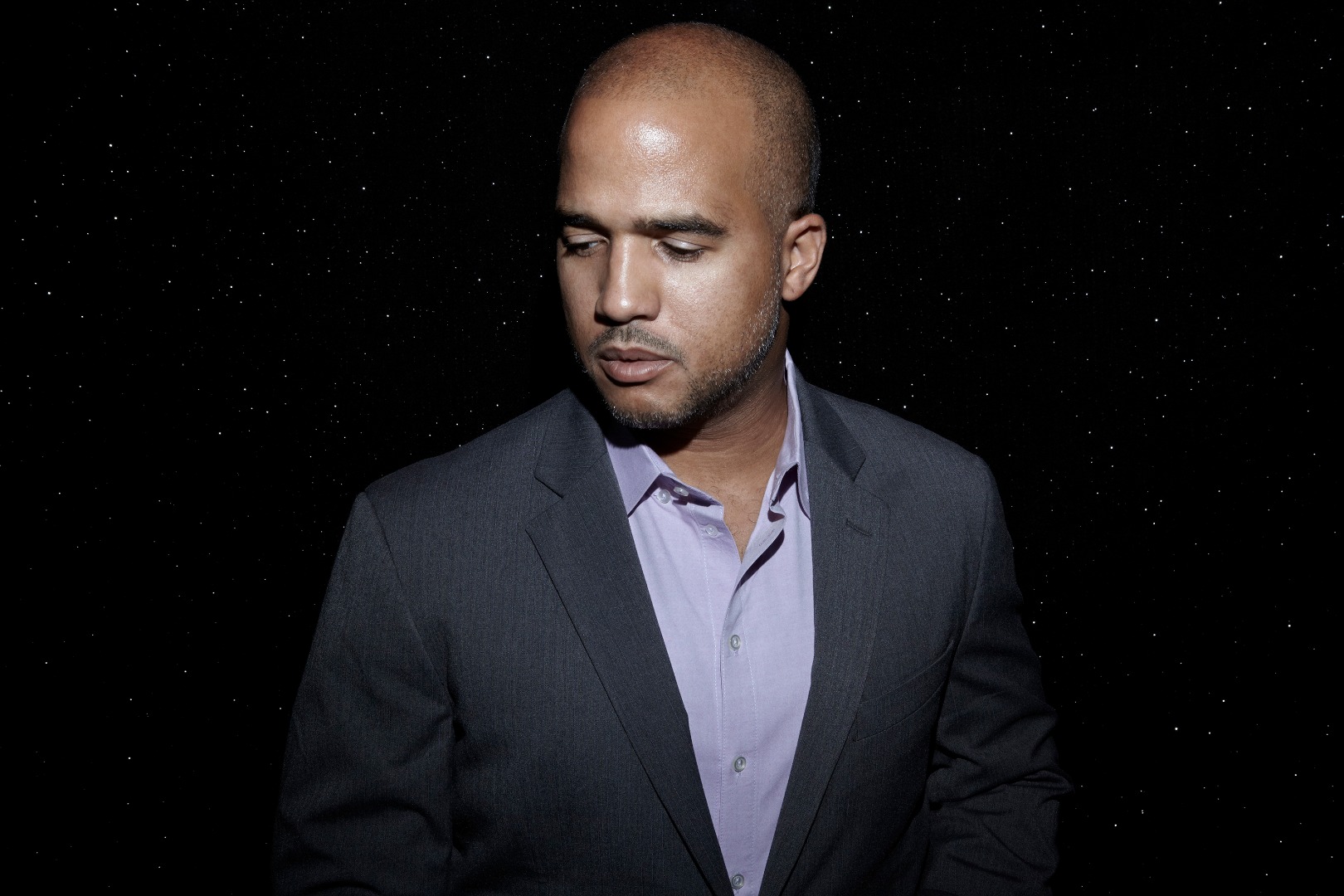
Hip H’Opera | Art Sanctuary and Opera Philadelphia
Hip H’Opera is a project developed between Art Sanctuary and Opera Philadelphia. In 2007, classically trained musicians set music to poems written by participants in Art Sanctuary’s North Star after school. Later, the poets accompanied the musicians and performed their poems to a sold-out audience.
In 2012, the Hip H’Opera program redeveloped to become a multi-year program at four high schools. It aimed to use art as a vehicle for students to discover their voice and explore their interests, history, and dreams.
Marc and Daniel read some of the poems created by participants in the Hip H’Opera program. Their words inspired the creators to develop an opera celebrating youth and [exposing] challenges impacting their lives.
Learn More
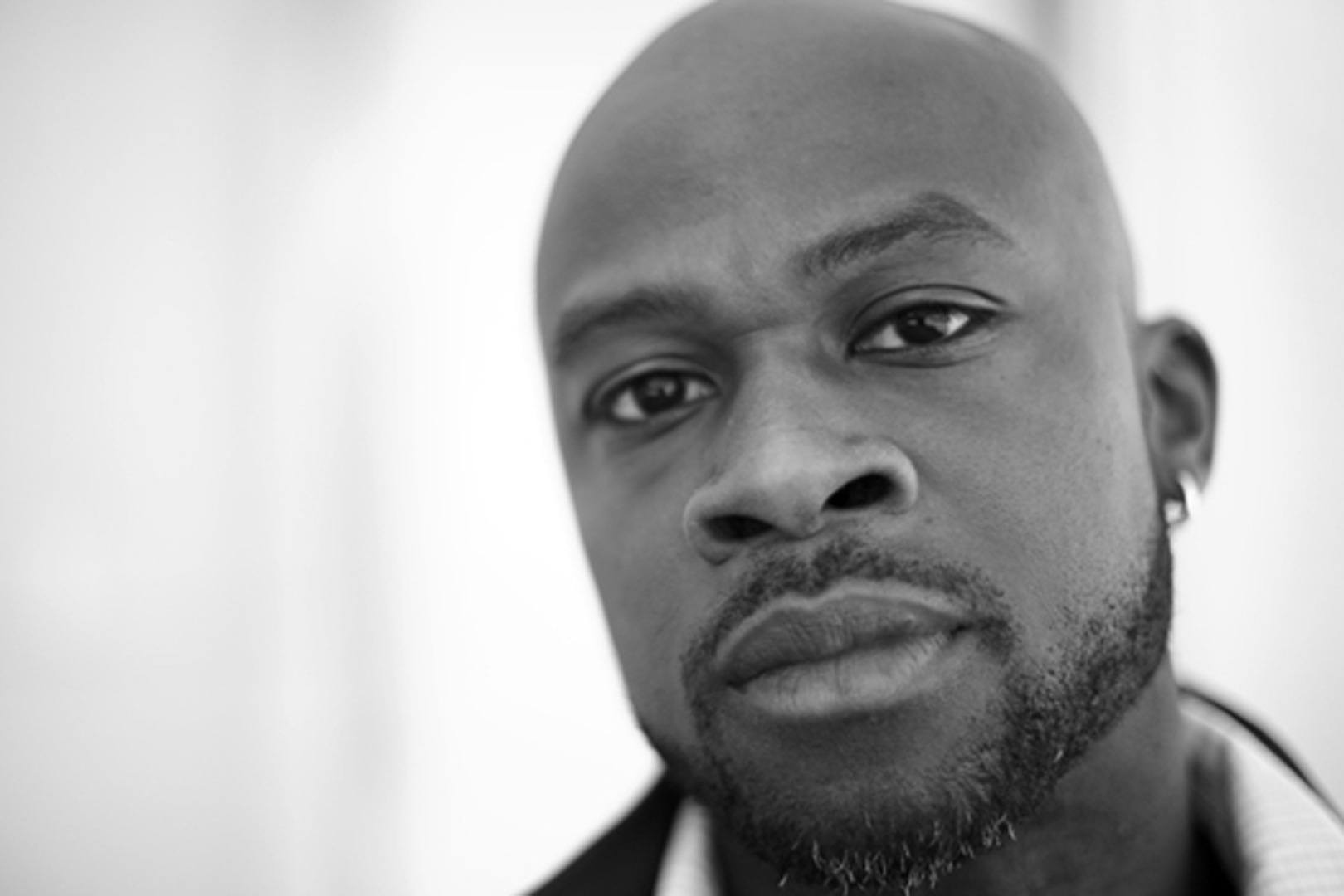
MOVE, the Organization
Un/Sung: “We are going to move to the site of Philly fire/ I heard it’s a burnt altar for outcasts”
In 1985, a standoff between police and MOVE, a Black liberation group, resulted in the bombing of a residential neighborhood. The legacy of this event resurfaces in We Shall Not Be Moved as five Philly teens find power in family and resistance.
Stuff You Missed in History Class reviews the founding of MOVE and the events that led to the bombing.
Listen to Podcast

Elements of the Opera
“Many times we see artists who are stepping outside their genre, or living within it, and feel confined and conflicted by it,” said Kamilah Forbes, the executive producer of the Apollo Theater in New York, where the piece will open on Oct. 6 before traveling to the Hackney Empire in London on Oct. 14. “They might tell themselves, ‘I need to build an opera, therefore the songs must be in Italian, my climax has to look a certain way, my libretto has to sound […] this way.’” But “We Shall Not Be Moved,” she said, represented “such an authentic way to make art. Quite frankly, this is not just the future of opera, but it is the past, present and future of African-American cultural expression, too.” (Tillet, 2017)
Elements of the Opera
“Many times we see artists who are stepping outside their genre, or living within it, and feel confined and conflicted by it,” said Kamilah Forbes, the executive producer of the Apollo Theater in New York, where the piece will open on Oct. 6 before traveling to the Hackney Empire in London on Oct. 14. “They might tell themselves, ‘I need to build an opera, therefore the songs must be in Italian, my climax has to look a certain way, my libretto has to sound […] this way.’” But “We Shall Not Be Moved,” she said, represented “such an authentic way to make art. Quite frankly, this is not just the future of opera, but it is the past, present and future of African-American cultural expression, too.” (Tillet, 2017)
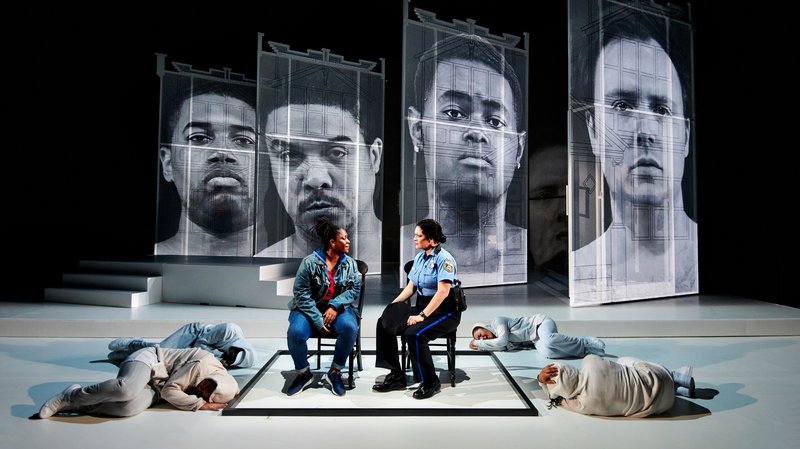

Hip H’Opera | Art Sanctuary and Opera Philadelphia
Hip H’Opera is a project developed between Art Sanctuary and Opera Philadelphia. In 2007, classically trained musicians set music to poems written by participants in Art Sanctuary’s North Star after school. Later, the poets accompanied the musicians and performed their poems to a sold-out audience.
In 2012, the Hip H’Opera program redeveloped to become a multi-year program at four high schools. It aimed to use art as a vehicle for students to discover their voice and explore their interests, history, and dreams.
Marc and Daniel read some of the poems created by participants in the Hip H’Opera program. Their words inspired the creators to develop an opera celebrating youth and [exposing] challenges impacting their lives.
Learn More

MOVE, the Organization
Un/Sung: “We are going to move to the site of Philly fire/ I heard it’s a burnt altar for outcasts”
In 1985, a standoff between police and MOVE, a Black liberation group, resulted in the bombing of a residential neighborhood. The legacy of this event resurfaces in We Shall Not Be Moved as five Philly teens find power in family and resistance.
Stuff You Missed in History Class reviews the founding of MOVE and the events that led to the bombing.
Listen to Podcast

Elements of the Opera
“Many times we see artists who are stepping outside their genre, or living within it, and feel confined and conflicted by it,” said Kamilah Forbes, the executive producer of the Apollo Theater in New York, where the piece will open on Oct. 6 before traveling to the Hackney Empire in London on Oct. 14. “They might tell themselves, ‘I need to build an opera, therefore the songs must be in Italian, my climax has to look a certain way, my libretto has to sound […] this way.’” But “We Shall Not Be Moved,” she said, represented “such an authentic way to make art. Quite frankly, this is not just the future of opera, but it is the past, present and future of African-American cultural expression, too.” (Tillet, 2017)
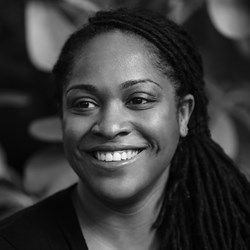
Un/Sung
Lauren Whitehead, spoken word
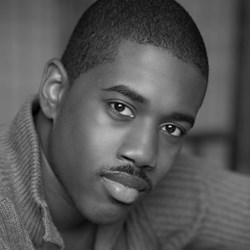
John Mack
Adam Richardson, baritone
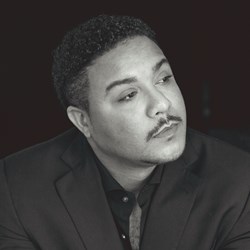
John Henry
Aubrey Allicock, bass-baritone

John Little
Daniel Shirley, tenor
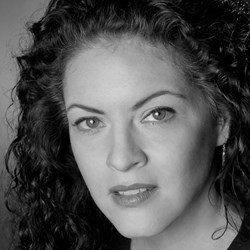
Glenda
Kirsten Chávez, mezzo-soprano
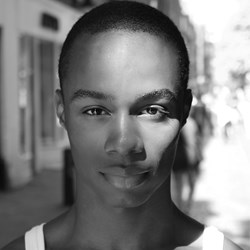
OGs
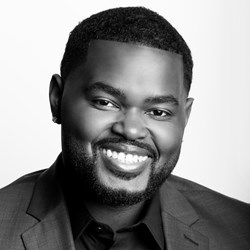
John Blue
John Holiday, countertenor
